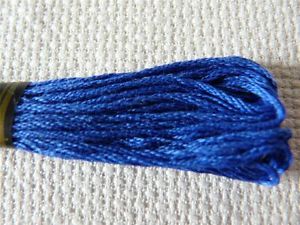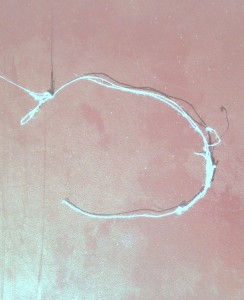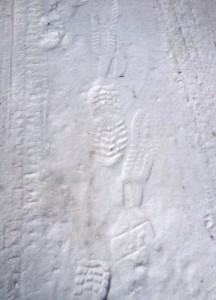 God espouses the character quality of humility. He looks for it in his children but no doubt finds it far less frequently than he’d like. That’s because in our world, me-first trumps humility, which makes God’s values the polar opposite of the world’s.
God espouses the character quality of humility. He looks for it in his children but no doubt finds it far less frequently than he’d like. That’s because in our world, me-first trumps humility, which makes God’s values the polar opposite of the world’s.
Humility is an attribute developed in secret, and though we can’t actually see it, we have a sense of when someone is humble. It doesn’t mean being shy, or favoring the back row, or being a doormat. Instead it’s having an unpretentious opinion of our own importance, the opposite of pride.
Humble people are hard to find, but I’m fortunate enough to know one personally: my sister Mary.
Mary has been debilitated emotionally and also physically in recent weeks with the discovery of cancer in her system. Alongside these negatives, however, has been the positive outpouring of well-wishers and in particular, promises of prayer. When she talks about it, her eyes mist and she says, “I just can’t get over it! It’s unbelievable how kind everyone’s been.”
Last week when she said this, shaking her head in disbelief, I said, “People are simply responding to the many things you’ve done for them over the years. They want to help you, because you’ve helped them so much.”
And here’s the humble part. Mary looked quizzically at me and said, “But how have I helped anyone? I haven’t done a thing.”
 When she said that, the book title “One Thousand Gifts” came to mind, a written list of God’s gifts to the author. But if I wrote a book about Mary’s giving it would have to be titled “Ten Thousand Gifts.” Or maybe “A Hundred Thousand.” All of her life Mary’s been a giver. Quietly, behind the scenes, without keeping track, without expecting thanks. Humbly.
When she said that, the book title “One Thousand Gifts” came to mind, a written list of God’s gifts to the author. But if I wrote a book about Mary’s giving it would have to be titled “Ten Thousand Gifts.” Or maybe “A Hundred Thousand.” All of her life Mary’s been a giver. Quietly, behind the scenes, without keeping track, without expecting thanks. Humbly.
And that’s why she can’t think of anything she’s ever done for anyone else.
Even now, while facing significant surgery, time in an intensive care unit, and a recuperation that will be followed by chemotherapy, Mary’s thought is, how can I shine for Jesus through all this. She wants to know how she can impact nurses, doctors, tech people, anyone who crosses her path, with the love of Christ. And because God wants the same thing, he will see to the details.
None of this means Mary isn’t tempted to fear the unknown or give in to doubt. Just today she wrote in an email: “I’ve hidden Scripture verses in my heart, and by His grace, I’m reminded of them when I need them most. I just need to believe them… totally… and not doubt.”
It isn’t easy being at the center of a cancer drama, but Mary is living it humbly by God’s grace, which will always be, he says, sufficient to her need.
“God opposes the proud but favors the humble.So humble yourselves before God. Resist the devil, and he will flee from you. Come close to God, and God will come close to you.” (James 4:6-8)
Mary’s prayer requests:
- For God to increase her faith when she feels weak or fearful
- For his timely prompting of Bible verses she’s tucked away in her heart, whenever she’s discouraged
- For childlike belief in God’s promises without a trace of doubt





